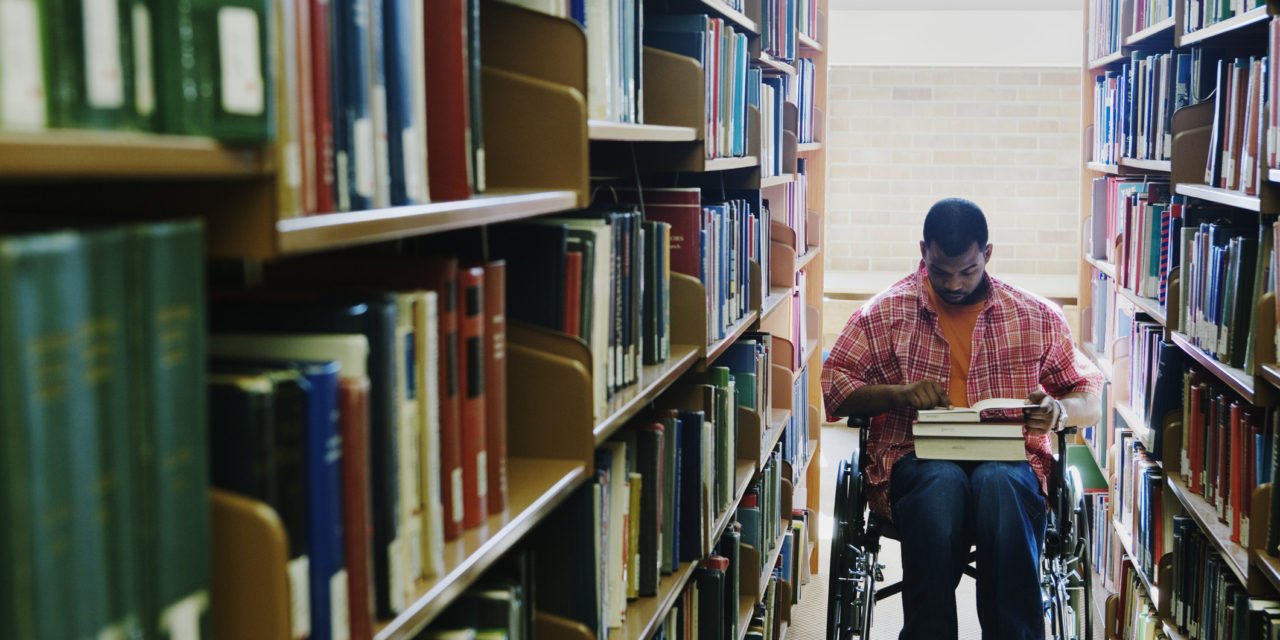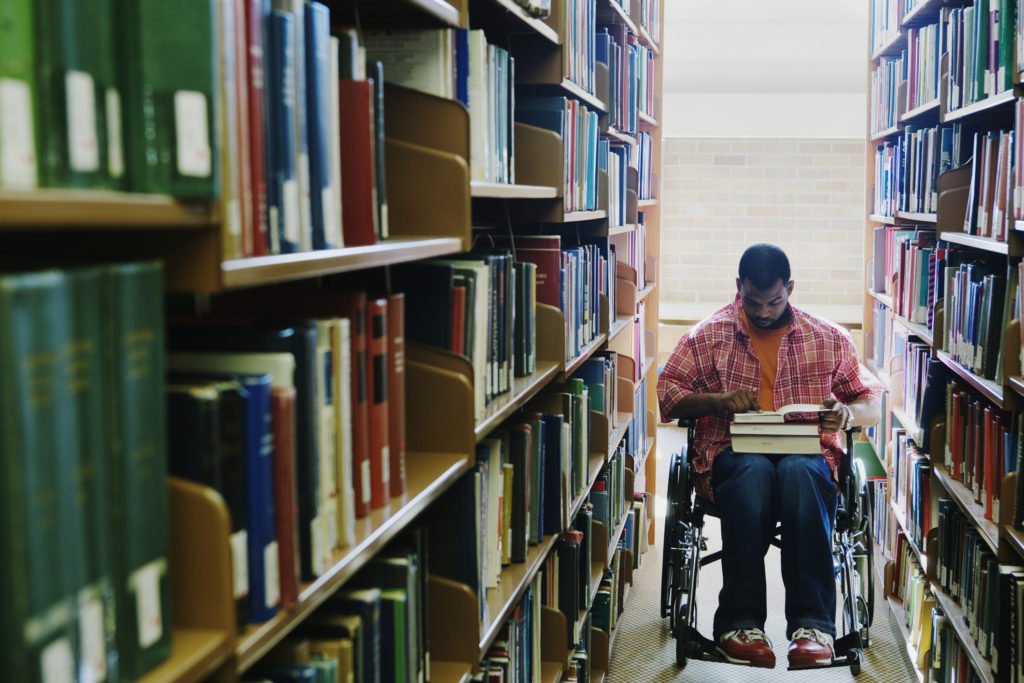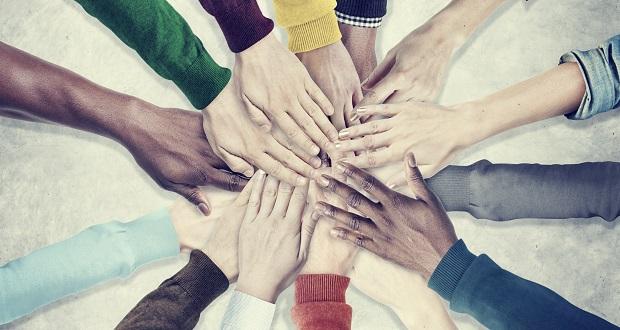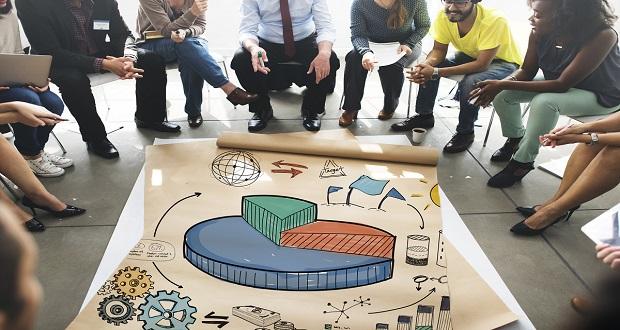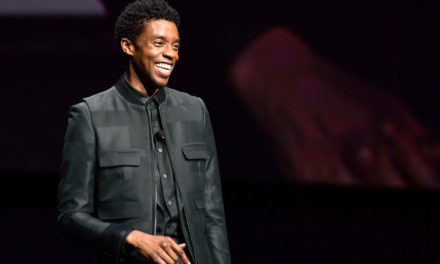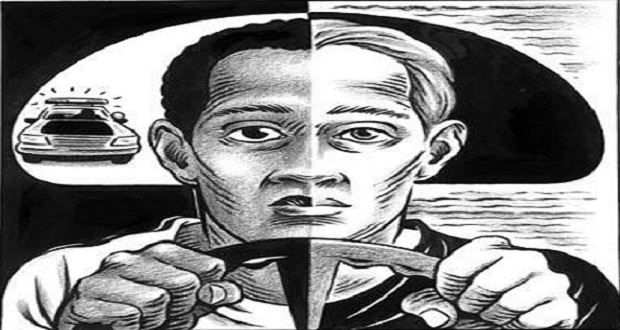Banned books aren’t new — a plethora of “classics” have notoriously been on banned book lists for a variety of reasons over the years — including but not limited to their dated portrayal of Black people, and depictions of violence and abuse. Book bans typically come from a place of good intent: trying to reduce harm and trauma and uphold morale for young learners (with some obscure exceptions). In fact, many pieces of “banned” literature have gone on to be revered as essential to the history of American literature.
However, in the past few months, the sociopolitical tensions of our pandemic world have infiltrated not only our bookshelves, but also one of the core values that (theoretically) unites Americans: access to knowledge and education. This most recent book ban wave, spanning across school districts and counties, to state legislation and national political interest groups, is propelling the dangerous censorship of education, world awareness, and most importantly the lived experiences of gender, race, and religiously diverse people. The American Library Association tallied a record of 330 book challenges during the fall of 2021 — more than any other period in American History — and are continuing to see an upward trajectory.
In the past few months, the sociopolitical tensions of our pandemic world have infiltrated not only our bookshelves, but also one of the core values that (theoretically) unites Americans: access to knowledge and education. Click To TweetWhat makes this different from the book bans of the past? We are seeing a shift in the intent of book banning: from reducing harm to all readers, to perpetuating harm among students who don’t check the boxes of white, heterosexual, and Christian. We are deviating from learning about historical injustices (many non-fiction and memoir books have been challenged) and the ways we have made progress and navigated adversity, to erasing them from history to “protect” students from feelings of guilt, anguish, and disgust about the wrongdoings and shortcomings of our history. We are reducing the benefit of literature by denying students of the ability to formulate their sense of self and others, understand their emotions, and think critically.
What makes this different from the book bans of the past? We are reducing the benefit of literature by denying students of the ability to formulate their sense of self and others, understand their emotions, and think critically. Click To TweetMost unsettling, we are currently seeing the critiques and pitfalls of academic elitism being conflated with K-12 education, with the weaponization of graduate-course-turned-political-buzzword “critical race theory,” as well as questionable uses of concepts like “transparency,” and “trauma,” and even flipping the script on “cancel culture” and the freedom of speech rhetoric (often used in politically conservative defenses for use of harmful language targeting historically marginalized communities.)
Without Black, Brown, and LGBTQIA+ literature, we are merely maintaining a faux, “post-racial” society. Sweeping experiences of Black and Brown perspectives of yesterday, today, and tomorrow under the rug causes more harm among children by erasing injustices and suggesting that an experience that isn’t aligned with dominant culture narratives is not just untrue, but non-existent. We must disrupt the notion that education is serving a “political agenda,” reclaim the skewed narratives about diverse perspectives in literature, and take action against the current book bans.
Without Black, Brown, and LGBTQIA+ literature, we are maintaining a faux, 'post-racial' society. Sweeping experiences of Black and Brown perspectives of yesterday, today, and tomorrow under the rug causes more harm. Click To Tweet
First, we must emphasize that social injustices are objective and real; racism, sexism, and homophobia aren’t subjective opinions.
We must emphasize that social injustices are objective and real; racism, sexism, and homophobia aren’t subjective opinions. Bringing attention to injustice is not an 'agenda.' Click To TweetThey are realities, truths that exist, whether intentionally or otherwise. Bringing attention to injustice is not an “agenda.” There’s an abundance of data, incidents, history, and livelihood to prove the continued existence of injustice. (Regardless, is lived experience not enough?) With objectivity sans censorship, students (regardless of age) can be empowered to find their passions, craft their own opinions, ask questions, and most importantly, be seen and heard between the lines of a story. As a South Asian American, I still remember days wishing I could read a book about someone with Indian roots like myself, eagerly hoping that the next American Girl doll book would be about an Indian American. To this day, I still gravitate towards AAPI novels as a place of comfort and affirmation that the discomfort I often felt as a child (reading about white history bereft of brown faces, singing Christmas songs at school without any knowledge of Christianity) was raw, real, and okay. In fact, these experiences helped me better understand my peers and find value in my own cultural upbringing.
I still gravitate toward AAPI novels as a place of comfort and affirmation that the discomfort I often felt as a child (reading about white history bereft of brown faces) was raw, real, and okay. Click To Tweet
Second, we must re-assert the narrative that diverse perspectives are integral to a quality education.
We must re-assert the narrative that diverse perspectives are integral to a quality education. Click To TweetDespite the education system’s many flaws (particularly access for historically marginalized students), education and books don’t serve to “promote.” Education serves as a vessel to nourish our minds, to learn, question, and elicit feelings — whether good or bad. Books are merely the sponges that hold knowledge, that highlight the diverse experiences and stories of the past, present, and future. Removing these books is erasing the diverse realities of our youth, while also perpetuating the notion that diverse experiences are “bad” experiences. Without Black voices in novels, we cannot revel in Black joy. Without Brown faces in picture books, we cannot celebrate the multicultural traditions around us. Without non-binary children in our stories, we cannot cherish the progress of the pride movement.
Education serves as a vessel to nourish our minds, to learn, question, and elicit feelings — whether good or bad. Click To Tweet
And last but not least, we must act.
What can we do as students, parents, community members? As the pressure to erase diverse experiences through censorship of literature has grown more robust from conversations at the dinner table to conversations in the Oval Office and back — within and outside of the education system — here are some actions you can take that can help bring not just diverse books, but the sanctity of education back into our world.
- Support the National Coalition Against Censorship (NCAC) Kids’ Right to Read Project. The NCAC has several ongoing initiatives to support today!
- Attend your local school board meeting. You don’t have to be a parent of a student or even a teacher to attend. These meetings are excellent opportunities to not only share your thoughts on improving the educational system, but also to learn more about the political underpinnings of book bans. They are a space for underserved constituents to share their views. Even the presence of diverse voices and bodies can have immense influence on the outcome of decision making at these board meetings.
- Send a quick email, letter, or op-ed to your local representatives. The Authors Guild has curated numerous templates and resources to help share your voice and experience through media. They also have a list of districts and school boards for easy access!
- Buy, share, and read books by BIPOC and LGBTQIA+ authors. All children deserve to have their livelihoods be represented between the covers of a book. Here is a list of children’s books that feature BIPOC main characters, and here is a list of books that feature LGBTQ-identifying characters. Consider buying as a gift, checking out at the local library, or donating copies to a local book drive.
- Donate The 1619 Project: A New Origin Story to your local bookstore. One of the most prominent books on the banning docket across the country is The 1619 Project: A New Origin Story created by Nikole Hannah-Jones and the children’s version, Born on The Water by Hannah-Jones and Renée Watson, for its depiction the history of America from the lens of Black Americans. Help bring this new perspective of history to honor the lives of those brought to America through slavery and their descendants by donating to your local bookstore. Bookshop.org has made it easy with the link above!
- Learn and implement strategies for trauma-informed education. Whether you are an educational professional or not, learning about how to support trauma at schools during these polarizing times is imperative, and a great way to genuinely provide benefit and reduce harm to all students. Check out this resource compilation of trauma-informed education strategies.
I challenge us all to remember, rejoice in, and revere the power of books — not just for learning, but as a space where any mind can find a home, a sense of belonging, and affirmation of their lived experience. Where we can feel sadness, learn empathy, and ask hard questions about the world around us. Where we can revere in joy and gratitude for how far we’ve come. Where we can instill hope that our world can continue to change, for the better.
I challenge us to remember, rejoice in, and revere the power of books — not just for learning, but as a space where any mind can find a home, a sense of belonging, and affirmation of their lived experience. Click To Tweet
